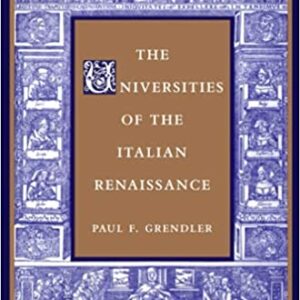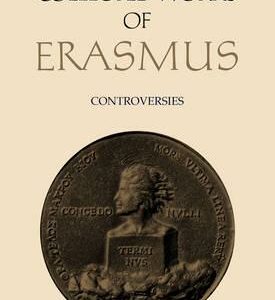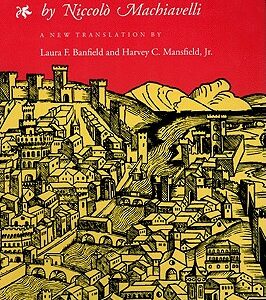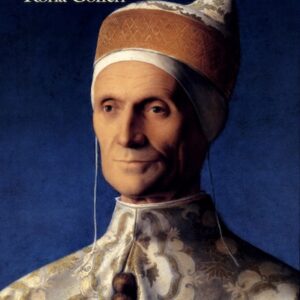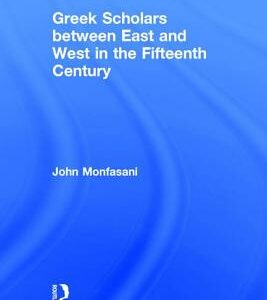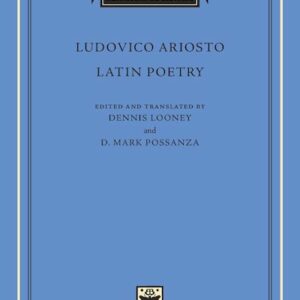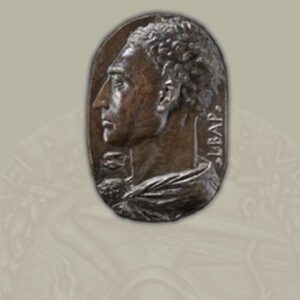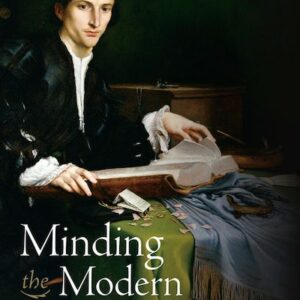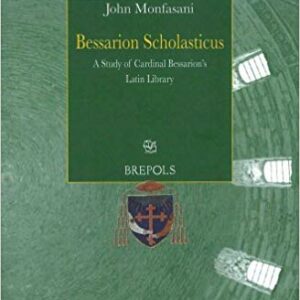
Bessarion Scholasticus: A Study of Cardinal Bessarion’s Latin Library
By John Monfasani (NHC Fellow, 2011–12) Bessarion (d. 18 November 1472) first made a name for himself as one of the Greek spokesmen at the Council of Ferrara-Florence in 1438-39. After becoming a cardinal, he several times entered conclaves as a serious candidate for the papacy. The library he bequeathed to the Republic of Venice, destined … Continued
